Our client Kelsey surprised us by sharing that she’s part of an Anglican contemplation group.
On their regular silent retreats, she takes time to “sit under a tree and be still,” she explains. Silence and solitude are an essential part of many cultures and belief systems globally, but aren’t as much of a focus in America, or in Christian circles like hers.
But this type of deep contemplation–self-reflection rooted in spiritual practice–has been foundational to how Kelsey approaches daily life and major decisions. Not surprisingly, it’s how she has approached legacy planning, too.
Kelsey’s a single young woman who’s built a successful career in social service and nonprofit work. She travels extensively, loves experiencing new foods and cultures–and sees cooking and opening her home to others as the absolute best way to create community and connection.
“There’s an art involved in bringing people to a table,” she says, noting that she intentionally pulls together diverse groups of friends to eat and laugh and connect with one another. “I’m not remotely Greek, but I love the idea of tons of loud family descending on my home, with a big old lamb spit out front. I truly love to create that type of space for people I love.”
When she was offered the opportunity to create a legacy plan through one of her favorite nonprofits–Fort Wilderness camp–she wrote it off at first. She was in a season of change–making financial decisions and considering different scenarios for what her future could look like family- and career-wise. She knew she should probably have a legacy plan in place–and had a baseline understanding of personal finance and estate planning–but she didn’t know the best place to start, and didn’t know how to build in contingencies to allow for different paths forward.
“I was already in that ‘if this, then that’ mindset,” she says. “I’m a big believer in intentionality and ‘architecting’ life. You can’t truly control anything, but you do have agency–so do what you can with what you have. I’m very glad that I did.”
She anticipated her first planning meeting with Christy Boysen focusing on financial jargon. Instead, she was pleasantly surprised when Christy encouraged her to start with what she knows best: herself. A great legacy plan, she learned, is highly personal. While tactics and tools are important, they’re secondary to identifying what makes someone unique, what their goals are, and the difference they want to make in the world.
Kelsey reviewed customized illustrations of what she could do through her estate, and the ways she could be generous–during life and long after it. The plans accounted for the questions that remain: will there be kids in the picture at some point? What about a partner, a major move, or career jump?
“What matters most is that you reflect and think and ground it all in what you’re called to do,” she says. “There’s uniqueness in people’s different stories, and that’s what’s beautiful about it!”
One of the components of her plan has been creating “access points” or “moments” to maintain connection between her loved ones long-term. To facilitate strategic, regular giving in the years to come, she’s set up a donor-advised fund that will provide flexibility to her now, but won’t be fully funded until her death. Friends and family will connect with each other in her memory and name for years after that, determining how to allocate the charitable funds she’s set aside under their management.
“I love this idea of bringing people together for fun, meaningful reasons. Finding those moments was important to me,” she says. “I had this ‘a-ha moment’ where I realized how many ways there are to approach giving in your legacy plan. I have more than I realized and can do more than I thought possible. I wanted to find ways to bless others, be generous, and show my family and friends, ‘this is me. This is what’s important to me. These are my values.”
One of those values aligns strongly with what she’s observed at Fort Wilderness. Though it’s Christian, it provides less-structured, nature-filled, phone-free spaces where people of all personalities and backgrounds can “let God be God,” she explains. “He can move in crazy ways, but also in subtle, simple ways. Part of the ‘secret sauce’ of Fort is that they’ve been diligent in letting God show up fully instead of how they want him to. They equally value someone having a cup of coffee, staring into a campfire, and having a contemplative moment with God as much as having really great biblical teaching.”
Just like she loves to provide space in her home for people to come as they are, her plan supports places like Fort Wilderness that do the same on a larger scale.
Though Kelsey has a lot of life decisions still ahead of her, she’s grateful for the opportunity to reflect on important questions and align her long-term finances with what she wants her legacy to be. And she says having a legacy plan in place has already influenced other parts of her life.
